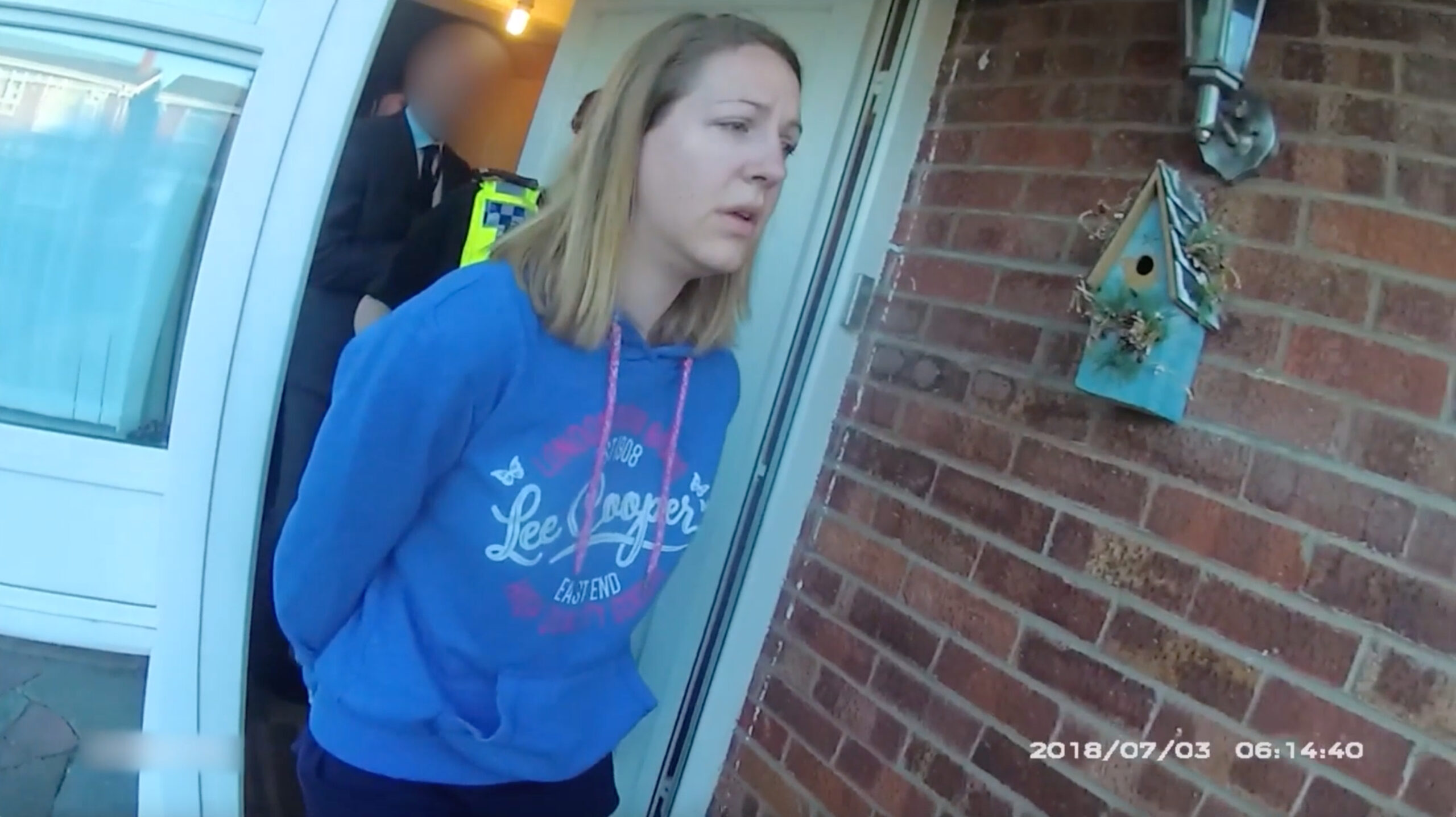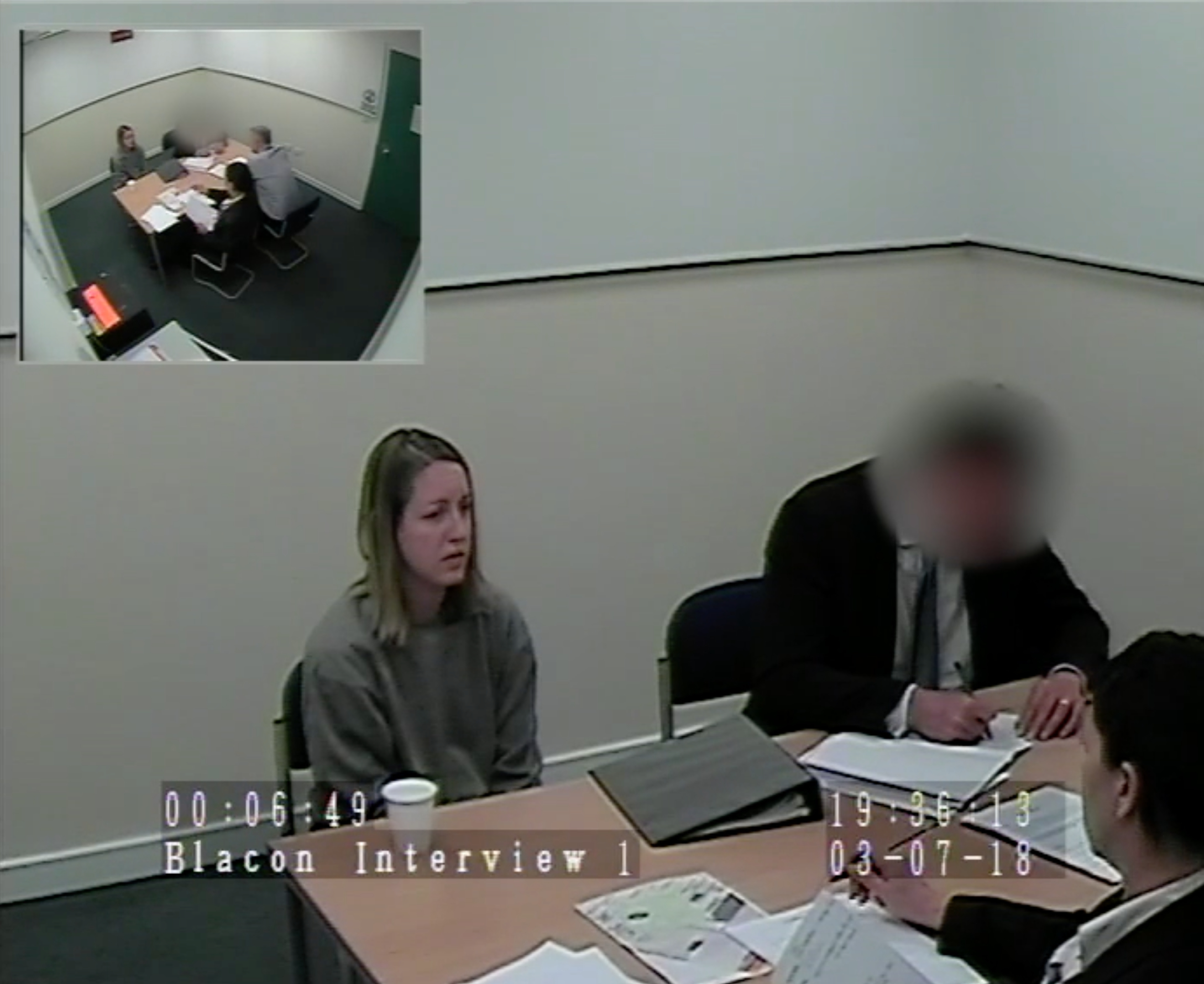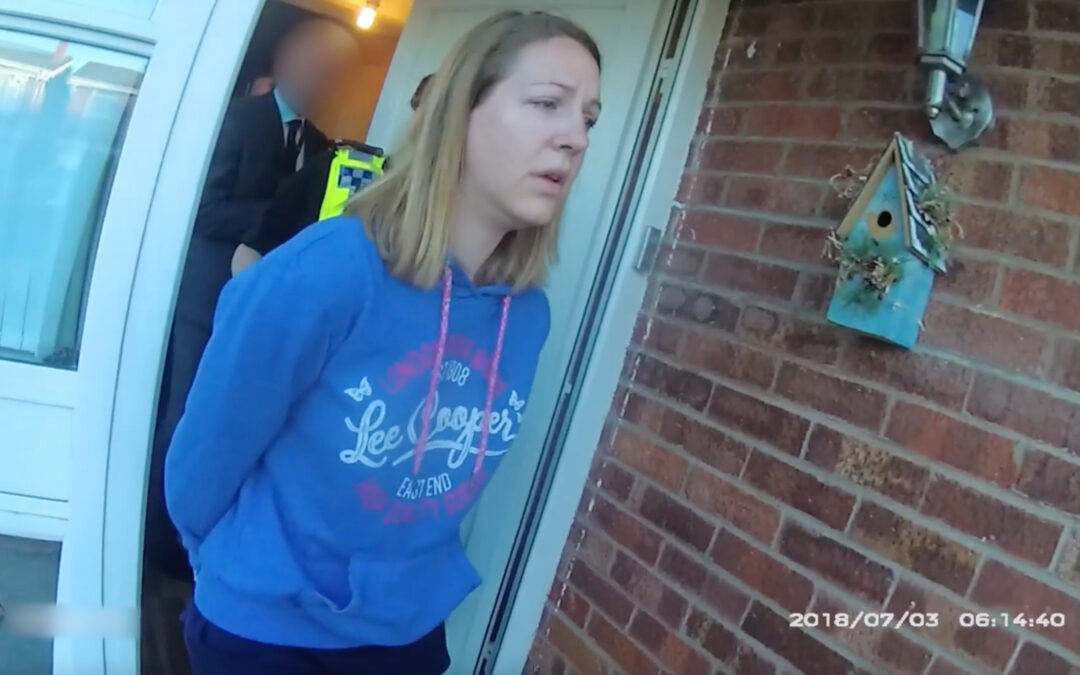inside the latest twist in the lucy letby case
The case has been making headlines once again…
Words by Alice Hall

This summer marks two years since her conviction meant Lucy Letby became the most prolific child serial killer in British legal history, in a case that shocked the nation.
Letby was found guilty of murdering seven babies and attempting to murder seven others, with two attempts on the life of one of them. She was given 15 life sentences and told she’d die in prison, with the judge describing her crimes as a ‘cruel, calculating and cynical campaign of child murder’.
For now, the judge’s words ring true. Letby is serving her life sentence at HMP Bronzefield in Surrey and, as things stand, she will never be released. But her case continues to attract interest and make headlines, partly thanks to a growing number of voices who are questioning her convictions. In the latest development, Stephanie Davies, a senior coroner who in 2017 first reviewed the deaths of babies at the Countess of Chester Hospital for Cheshire police, has said she fears Letby has suffered a miscarriage of justice.
In her first interview, Davies told The Guardian and Channel 4 News that she had ‘three hours’ to conduct her review, which was integral to detectives’ decision to investigate Letby. In the interview, Davies expressed alarm that doctors had failed to report a crucial medical procedure that had been carried out on one of the babies to the coroner at the time. ‘I am now extremely concerned that the convictions of Ms Letby are wholly unsafe,’ she wrote to Cheshire’s senior coroner last month.
Davies said she ‘stands by’ her initial review because she reported there were ‘gaps’. However, she adds she feels ‘almost guilty that it contributed to a police investigation being started, which led to convictions that I now believe are unsafe and a miscarriage of justice’.
She told the outlets: ‘I reported that there were missing jigsaw pieces, that the deaths of the babies hadn’t been fully explained,’ continuing ‘I said if the police went ahead with an investigation, they may find those missing pieces. But I did not say, or see any evidence, that any of the babies had been deliberately harmed.’’

Davies joins a host of academics, legal experts and even politicians who have cast doubt on Letby’s guilt. This includes Conservative peer David Davis, who’s spoken out in support of the former nurse, and former Health Secretary Sir Jeremy Hunt, who has called for an ‘urgent re-examination’ of the case. Lawyers for the victims’ families have previously said they found the speculation over Letby’s guilt ‘upsetting’. Speaking to BBC Breakfast in 2024, Tamlin Bolton said: ‘I can’t stress enough how upsetting that has been for all of the families that I represent.’
There is a lot of evidence to suggest that Letby was guilty of the crimes. The prosecution’s case centred around the rise in infant deaths on the unit where Letby worked, with many of the deaths being unexplained. Manchester Crown Court heard Letby used her skills as a nurse to deliberately sabotage the babies’ care in a way the prosecution described as ‘persistent’, ‘calculated’ and ‘cold-blooded’.
Partly, interest in Letby’s case is driven by her seemingly unremarkable background, and the struggle to reconcile this with her abhorrent crimes. In her trial at Manchester Crown Court, we were told she lived an average life before she was arrested in July 2018, with detectives who worked on the case describing her as ‘the human form of beige.’ She was born in Hereford and attended education locally. She went on to study nursing for three years at the University of Chester. It was during this time that she completed numerous work placements. Many of these placements were at the Countess of Chester Hospital, where Letby would go on to commit her murders.
Experts have said there is nothing in Letby’s background which seems to she was capable of the crimes she has been convicted of. Detective Chief Inspector Nicola Evans, the Deputy Senior Investigating Officer into Operation Hummingbird, the investigation looking at the deaths at the Countess of Chester Hospital, said there was nothing that stood out about Letby all. ‘There isn’t anything remarkable that I can tell you about Lucy Letby, other than that potentially she has used that in order to commit the crimes that she has,’ she said.
‘there isn’t anything remarkable about her.’
All this begs the question – what happens with Letby’s case from here? Letby, who has always maintained her innocence, has twice been refused permission to appeal against her convictions. The only chance left to challenge them is through the Criminal Cases Review Commission (CCRC), the statutory body that looks for potential miscarriages of justice.
They are currently considering evidence presented by Letby’s legal team. In the meantime, police are continuing to investigate whether Letby could have harmed more children before she was caught. The world is also awaiting the results of The Thirlwall Inquiry in early 2026, which examined how Letby was able to commit her crimes on a hospital neonatal unit.
For now, while Letby remains out of sight in prison, she’s never far from the public mind.
Photos: Getty

